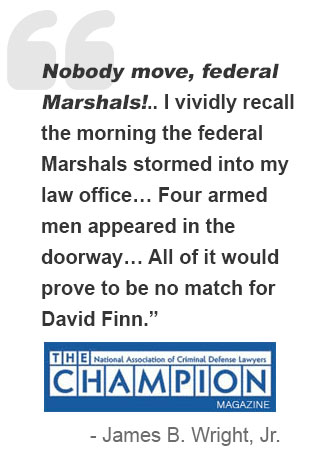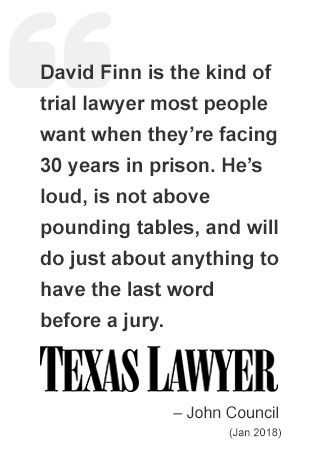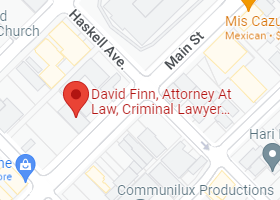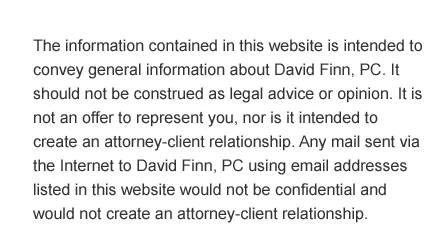


US Supreme Court to Decide Home Search Issue
Consent for Police Searches of Homes Divides High Court Justices to decide what happens when one resident gives permission but another objects
By PATTY REINERT
Copyright 2005 Houston Chronicle Washington Bureau
WASHINGTON – The U.S. Supreme Court appeared to be closely divided Tuesday as it debated when police should be allowed to search a home without getting a warrant.
The case, Georgia v. Randolph, is expected to settle the question of what happens when one person in the home consents to the search but another says, “No.”
Lawyers for the state of Georgia and the Bush administration argued that police could search; an attorney for a defendant charged with cocaine possession as a result of the search said a search warrant was needed and would have taken less than five minutes to get by telephone.
The outcome of the case could be so close that retiring Justice Sandra Day O’Connor would cast the deciding vote. But if she leaves the bench before the decision is announced, her vote would not count.
If that happens, the case could be reargued later, perhaps making Supreme Court nominee Samuel Alito the eventual tie-breaker if he is confirmed by the U.S. Senate.
On Tuesday, O’Connor was part of an unusual grouping of justices that included Ruth Bader Ginsburg, Anthony Kennedy and Antonin Scalia. They questioned why the police didn’t just get a warrant instead of conducting a search when permission to do so was unclear.
But other justices, including new Chief Justice John Roberts and Justice Clarence Thomas, who broke his usual silence to ask questions during the argument, appeared to back the search.
Justice Stephen Breyer also seemed reluctant to ban such searches, saying he is concerned that police could be prevented from investigating spousal abuse if the abused wife wants to invite them in while the husband tells them to stay out.
“That bothers me a lot,” he said.
Sparked by marital dispute
The case involves Scott and Janet Randolph, an estranged couple who were having a fight at their Americus, Ga., home in July 2001 after Janet Randolph returned to pick up her belongings. Janet Randolph called the police, and while they were at the house, she told them her husband’s cocaine use had broken up her family and was causing them financial troubles.
Police asked Scott Randolph, who is a lawyer, if they could search his home. He refused.
They then asked Janet Randolph for permission. She not only consented but led police to an upstairs bedroom where they found a drinking straw that appeared to have cocaine residue on it.
Police called the district attorney’s office, which instructed them to stop searching and get a warrant, which they did, finding more evidence of illegal drug use.
After Scott Randolph was charged with cocaine possession, he moved to suppress the evidence, arguing that the initial search violated his Fourth Amendment protection against unreasonable search and seizure.
He also argued that any evidence found once the police got a warrant should be thrown out, because the warrant was based on information learned in the first faulty search.
The trial court ruled against him, but two Georgia appellate courts agreed with him, saying all the evidence should be thrown out.
Roberts defends searches
On Tuesday, Paula Smith, who represents the state, argued that when people live together, they accept the risk that their privacy may be invaded if their roommate, spouse or parent allows other people, into their shared space.
But Scalia immediately balked, siding with more liberal members of the court.
“Why do you assume that is a reasonable expectation?” he asked. “I would think the normal assumption is just the opposite: If one person wants someone not to come in, they don’t come in.”
Roberts, however, defended the search, comparing it to a situation in which nine out of 10 people sharing a common room in a dormitory consent to a search and one objects.
Scott Randolph’s lawyer, Thomas Goldstein, conceded that in that case, the search would likely be allowed.
Phone Numbers
Office: (214) 538-6629







